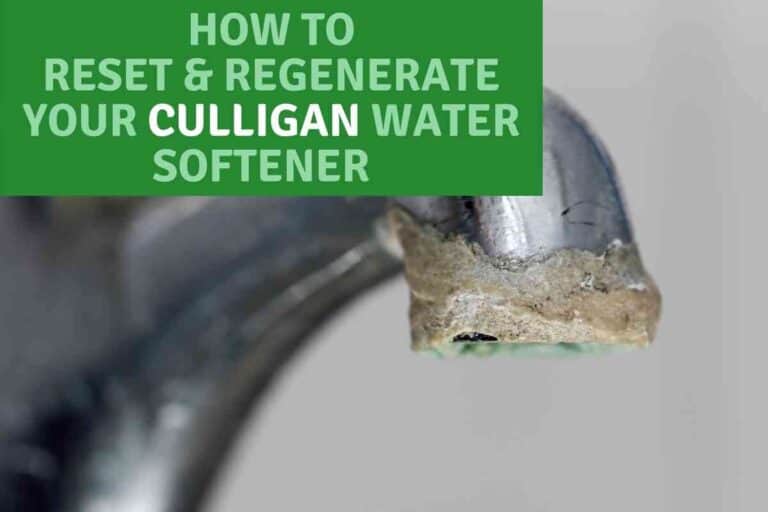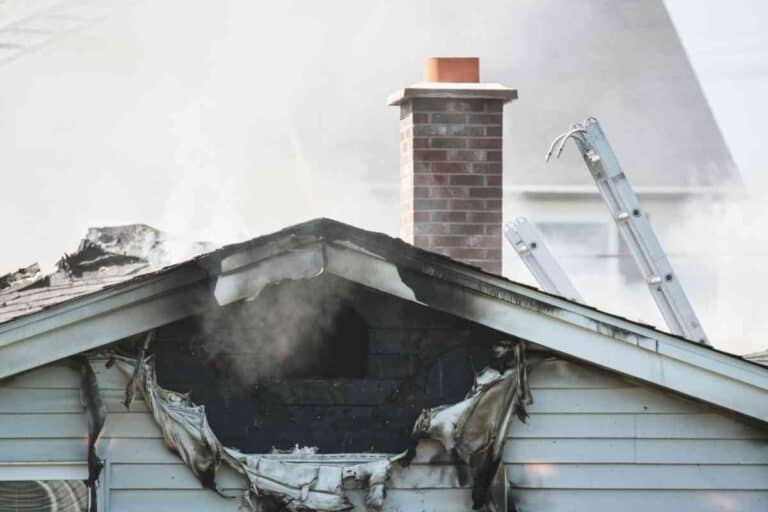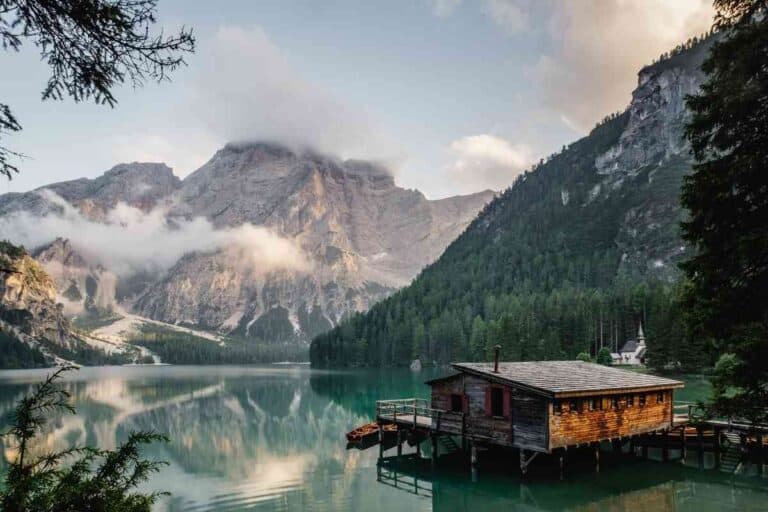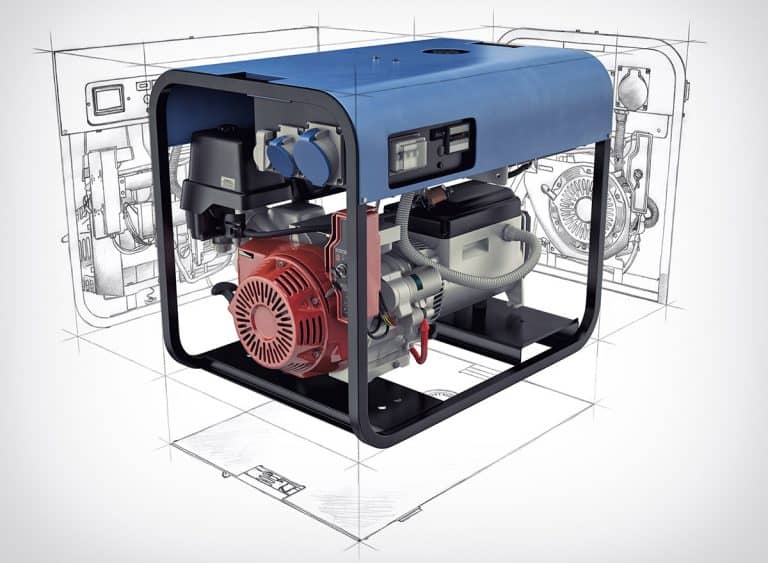Is Off Grid Living Illegal in Florida? (Answered!)
The Sunshine State is the fourth largest in the U.S. and one of the most populated states. There are several advantages to living in the state off-grid, especially the fact that taxes are low and there is so much arable farming land. However, the laws in this state might make it sound like living off-grid is illegal.
Is Off-Grid Living Illegal in Florida?
Off-grid living is not illegal in Florida. However, there are so many laws in Florida that make it challenging for you to live 100% off-grid, such as connecting to the municipal sewage system.
The main problem with living off-grid in Florida is the International Property Maintenance Code. This code is interpreted differently in different counties. Depending on the interpretation, some counties might restrict using harvested rainwater as the only water source or having only an outdoor shower in your home.
The local zoning laws also make it challenging to live off-grid in most counties in Florida. These zoning laws dictate what you can and can’t do on your property. In some of the counties, the rules may not be friendly to people who want to live off-grid.
Read on to learn more about living off-grid in Florida.
Can You Live in A House Without Electricity in Florida?
Yes; you can live in a house without electricity in Florida. There are no laws that prohibit you from seeking alternative energy sources, such as solar and wind energy to power your home.
However, the International Property Maintenance Code might be interpreted to mean that you cannot live in a house without a connection to a running water source and electricity grid. In 2014, Robin Speronis was under fire for living completely off-grid.
She used a solar system, rainwater, and a camping stove that used propane, but authorities threatened to kick her off the property if she did not connect to the electricity grid and a water source.
After court battles, Robin was found guilty of not connecting to a clean source of water. She continued living without electricity and a sewer system.
You can live without electricity in your home. However, you have to check the zoning laws in your county. In some counties, you are not allowed to live without electricity in a home that has children.
Again, you have to check with your county – it is laws like these that make it seem like it is illegal to live off-grid in Florida.
Do I Have to Have Electricity in Florida?
No, you can opt for solar and wind power.
In Florida, the sun shines all year round, and you will generate power even during winter. Better yet, Florida offers generous solar power incentives where you can apply for up to three different programs. These are Sales Tax Exemption, Property Tax Exemption, and the Federal Tax Credit of up to 26%.
These incentives cut down the cost of solar panels significantly. If you decide to go with wind power, the weather may be quite unpredictable. However, in some areas, the wind can be pretty high.
There are statewide wind power incentives, so you have to check with your county. However, you can still apply for the Federal Tax Credit program. Before you connect to wind or solar power, check with your county to know whether you need a permit.
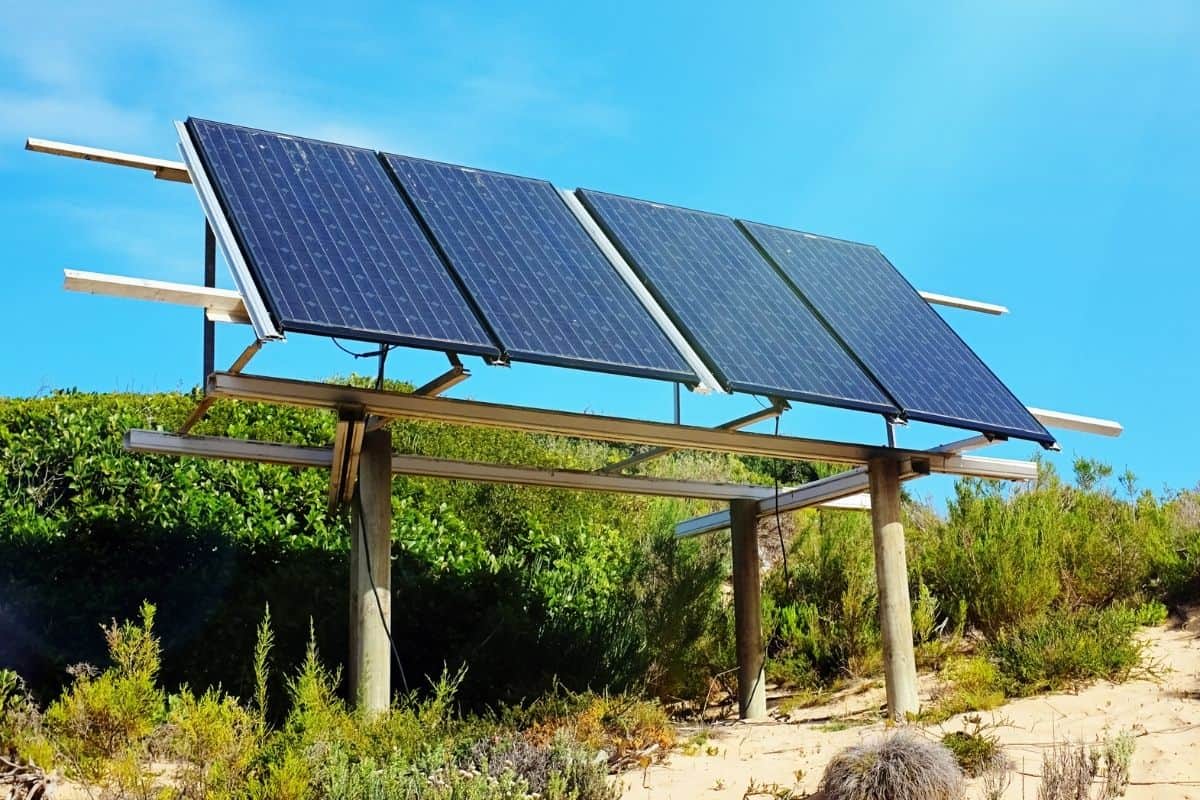
Is It Illegal to Power Your Home with Solar Panels in Florida?
It is not illegal to power your home with solar panels in Florida. In fact, the state even offers incentives to help lower the cost of solar panels.
In most counties, you will need to have a permit to plan and install these alternative energy systems. For larger homes, you will need to show schematic drawings, specifications, and electrical calculations among other needed documents.
In most parts, a permit will only be given to a licensed contractor. You may also need a plumbing permit if you plan on adding a solar water heater to your home. It is illegal to install a solar or a wind power system in your off-grid home.
Your home has to be inspected for safety after the installation of the solar or wind system. You can live off the grid, but you will never be far from the government.
Why Is It Illegal to Live Off the Grid in America?
It is not illegal to live off-grid in America. However, the zoning laws make some states better for off-grid living than others. In Hawaii, for instance, you can comfortably live off-grid without any major challenges with the law, seeing that the zoning requirements are lenient.
In some other states, such as Florida, the zoning requirements may make it challenging for you to go completely off the grid. You may have an alternative power source, but you are still required to connect to the sewer line if there is one where your home is.
Again, in most areas, you may be required to connect to a clean water source and not rely on rainwater alone. Such laws make it challenging for you to go completely off-grid.
In places such as Florida, there are restrictions on the size of house you can build on your property – you cannot live in a tiny house.
Although you can go completely off-grid in some places like Alaska and Hawaii, you are never completely an independent citizen. The government still wants you to pay taxes whether you live in the woods or you live off-grid in the city. The zoning restrictions exist to make you a responsible citizen.
After farming and keeping livestock, you will need to file taxes on your produce, especially if you sell surplus produce at the local market.
Can You Use Rainwater in Florida?
It is legal to harvest rainwater in Florida. In fact, the government actively encourages harvesting rainwater with rebates and financial incentives. You will enjoy reduced stormwater fees and get benefits from the Water Savings Incentive Program.
In some instances, the county authorities might require that you install a cistern for your rainwater. The rainwater comes in handy for irrigation and other outdoor uses. However, you may still need to connect to the public water source for indoor uses.
Check the local plumbing rules to know whether it is legal to use the harvested rainwater to flush the toilet. You do not need a permit for totes or rain barrels, but if you need to install underground rainwater cisterns, you have to have a permit. However, you can convert a septic tank into a rainwater cistern.
Even if you do not harvest rainwater, Florida is known for its abundance of water. The state has about 11,000 miles of rivers, 2,000 miles of coastline, and several streams and waterways. There are also thousands of lakes to supply you with water when you need it.
Even with all these water bodies, water rights in Florida can be murky. The state owns all navigable waters, but non-navigable water can be privately owned. However, the state also owns most of these waters too.
You can boat, fish, bath, and ingress and egress in the waters near your land.
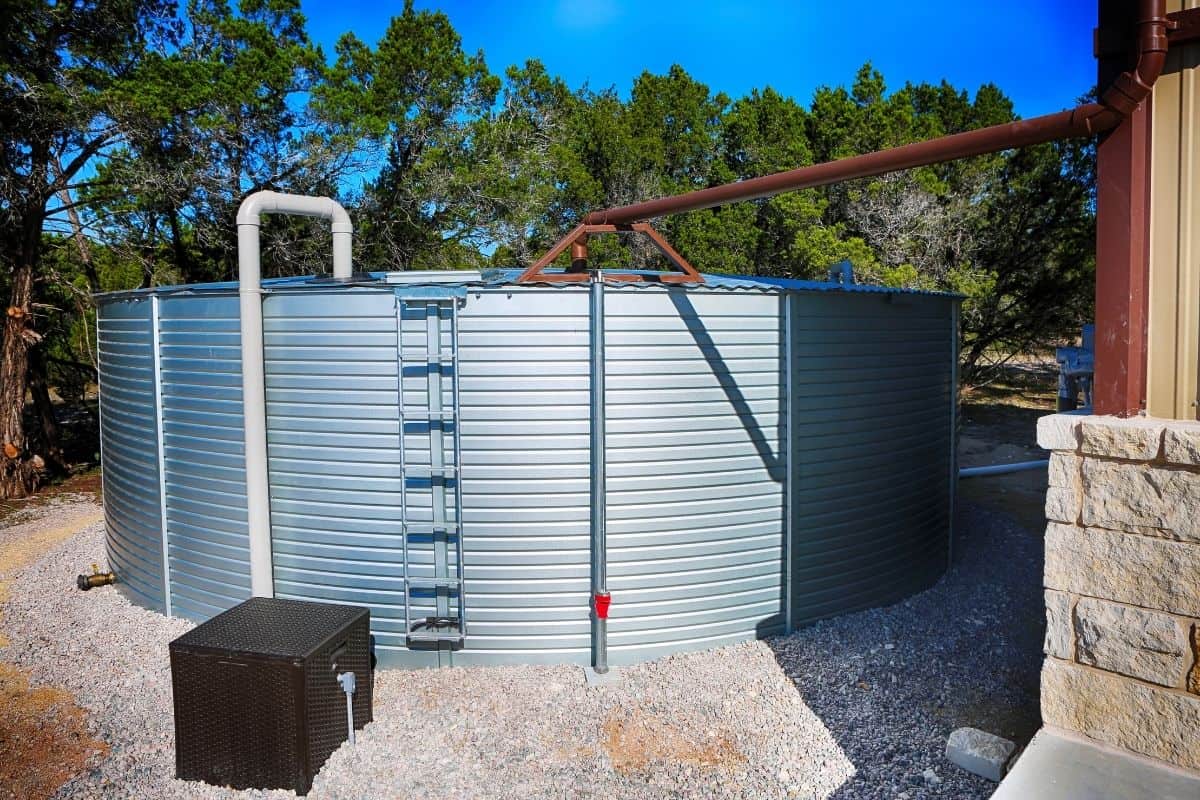
Closing Thoughts
You may see some online sources claim that it is illegal to go off-grid in Florida. The state laws can frustrate someone who needs to live a sustainable life off the grid, but it is technically not illegal to live off-grid.
In some areas, it might be challenging for you to go completely off the grid. You may generate your own energy and collect rainwater, but some counties might still request that you connect to the sewer system and to the water system.
You can farm and raise livestock in the sunshine state, and there are no major restrictions on how you farm. There are minimum lot sizes, starting at five acres with some areas requiring that you have at least 20 acres.


